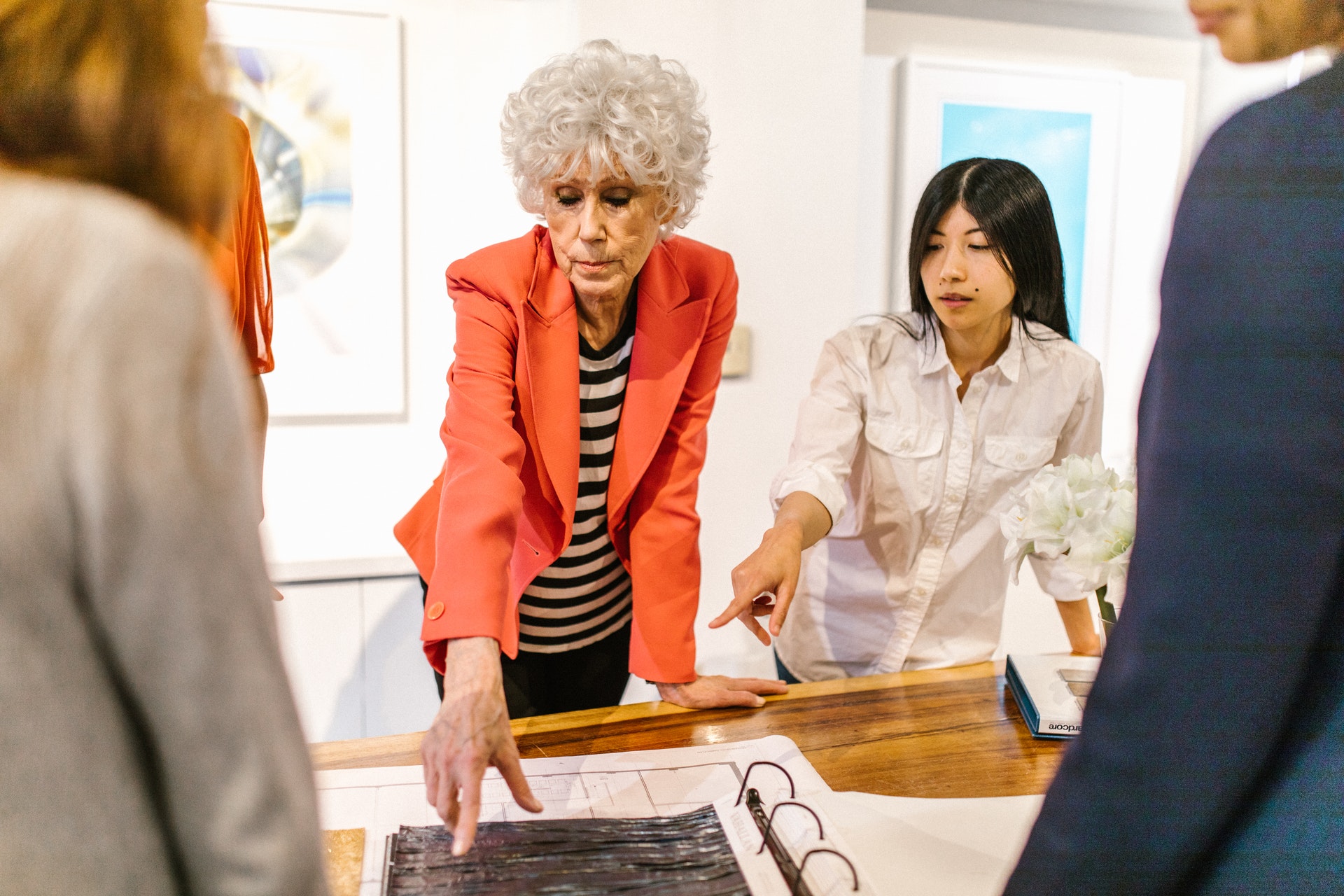Seniors Are Not Ready To Quit
August 3, 2021

“How do I spend the rest of my days? You name it. Golf. Books. Movies. Pinochle. Tried yoga, learned to cook, bought some plants, took classes in Mandarin. Believe me, I’ve tried everything.”
- Robert De Niro, The Intern, 2015
The Intern, starring Ann Hathaway and Robert De Niro, captured an experience a lot of retired seniors face. Seventy year-old retired widower, Ben Whittaker (played by De Niro) finds himself bored with retirement – a state many retirees know all too well. They have transitioned from being relevant – maybe even “important” – to being irrelevant. And they feel like they still have a lot to give.
So, many seniors will continue to work well after they reach retirement age. According to AARP, 72% of today’s workers plan to continue working after retirement. And among those who do retire, 33% go back to work within two years after retirement.
Why?
- They may desire to continue working for the social connection work can provide – this is a major driver for retirees who volunteer or work for nonprofit organizations.
- They may need a financial cushion, because their retirement benefits are insufficient.
- They are simply achievers who often run their own businesses.
An Entrepreneurial Spirit
These last two points are contributing to the trend of seniors creating a budding entrepreneurial class. Entrepreneur Magazine reports: “In 1997, those between the ages 55 and 64 constituted on 15% of burgeoning entrepreneurs. By 2016, that number reached 24%, according to the Kauffman Index of Entrepreneurship.” Given the future size of the senior population and its longer life expectancy, half of all entrepreneurs may be in that age group by 2030 (2030: How Today’s Biggest Trends Will Collide and Reshape the Future of Everything).
Clearly, there is an opportunity for marketers who can help these entrepreneurial older adults achieve their dreams, whether that’s with financial planning services, help with business systems, legal support or more.
Bringing a Lot to the Job
Beyond this growing class of senior entrepreneurs, U.S. business needs seasoned workers. AARP vice president Susan Weinstock has observed, “As Baby Boomers retire, their institutional knowledge is walking out the door. Older workers are a great value to employers.” Think about how much talent and knowledge is wasted by not taking full advantage of the experience of aging generations, especially as their numbers grow larger. This experience results in a collective wisdom among the cohort – and wisdom is a valuable commodity to any business.
But the value of older workers goes beyond talent, knowledge and wisdom. According to the U.S. Bureau of Labor, employers really like older workers, rating them high on a lot of attributes like:
- Judgment
- Commitment to quality
- Attendance
- Punctuality
- Work ethic
- Stability in the market
- Patience
Often, employers may secure the services of seniors at lower costs than the competitive pay younger workers might require. In highly competitive industries, where business owners are looking for an edge, older workers just may be what they need! Business owners are going to figure this out. As they do, these senior workers will benefit from discretionary income beyond what they get from their retirement savings and Social Security – more discretionary income they can spend on themselves, their children and their grandchildren.
Marketers need to pay attention to this trend of retirement-age workers remaining in the workforce. They will need products and services that help them perform their work-related duties, ranging from assistive technologies and anti-inflammatory pharmaceuticals to aid physical performance to new technologies that help them keep pace with the increasing speed-of-business.
The post-retirement working class will continue to expand, and will be seeking aid to maintain their high performance levels.
Seniors do not want to be put on a shelf. They are ready to contribute and they still have a lot to give.





